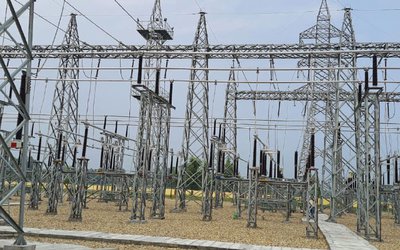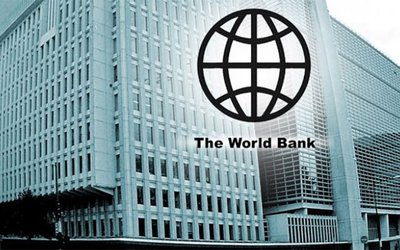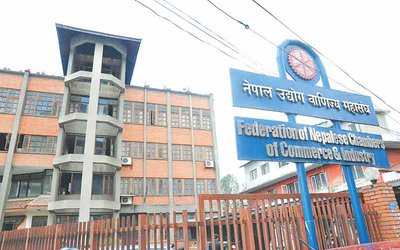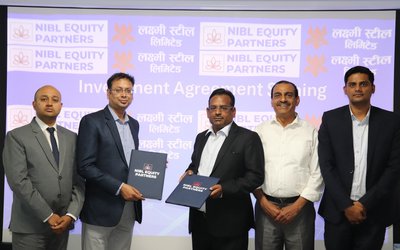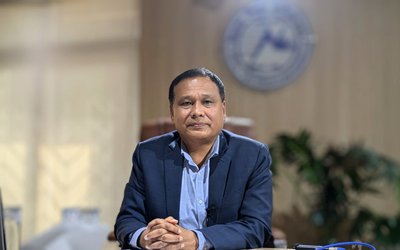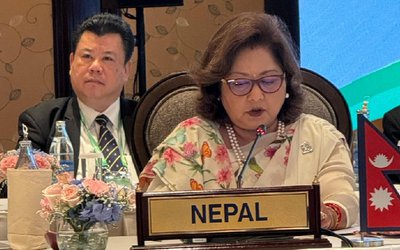
The U.S. Agency for International Development (USAID) will build the skills of 48,000 Nepalis in the west, mid-west and far-west regions in literacy, numeracy, entrepreneurship, financial management, and life skills as part of a new, three-year, $4 million Business Literacy project. The project is part of the U.S. Government’s five-year, $66 million Feed the Future Initiative in Nepal that aims to raise incomes and improve livelihoods for vulnerable households.
The Business Literacy project builds upon previous USAID efforts and expands on trainings that empower women, youth and marginalized communities. From 2008 to 2012, USAID’s entrepreneurial literacy training established livelihood foundations for more than 32,000 youth, women, and marginalized people in Nepal’s mid-western region. Some became entrepreneurs, while others attended additional training in agriculture or vocational training. Beth Dunford, USAID Nepal Mission Director, highlights, “We know from experience that linking health, nutrition and entrepreneurial literacy activities to agriculture greatly increases the chances of lifting people out of poverty. So many in Nepal depend on agriculture for livelihoods. It is crucial to food security. There is also consistent and compelling evidence that when status of women is improved, agricultural productivity increases, poverty is reduced and nutrition improves for their entire family.”
Structural barriers, both economic and social, preclude many Nepalis from accessing education—both formal and non-formal—leaving them with few opportunities to build a productive livelihood. Every year, more than 550,000 Nepali youth – who make up more than 50 percent of the country’s population – join the ranks of those looking for work, with many either striving to go abroad as unskilled labor or languishing as part of the unproductive workforce.
Rina Chaudhury of the rural Dang district in Nepal’s Mid-Western region was one of the 32,000 beneficiaries of USAID’s former entrepreneurial literacy training. Rina was sold into forced labor as a little girl. When she was finally freed, she was able to marry but had no skills to earn money. “I have always had to depend on my husband for money. Who else could I turn to?” she says. With the entrepreneurial literacy and agriculture productivity training she received, Rina is now a proud owner of a booming vegetable business, and her ambitions continue to soar. “Today, with my education, I am determined to grow my agricultural business. My self-confidence is higher now,” she says.
The new three-year project will be implemented by Nepali NGOs DEPROSC-Nepal and Samjhauta Nepal. The project will work closely with the Government of Nepal’s Non-Formal Education Center, District Education Offices and Village Development Committees.
- IME GROUP: Expands Into Paper Industry
- Mar 24, 2025
- CPN UML: Instigated By India
- Mar 23, 2025
- ADB’S CHIEF ECONOMIST: Nepal Reduces Poverty
- Mar 11, 2025
- FM DR. DEUBA: A Successful Visit
- Mar 11, 2025
- MD GHISING: Target Of Personal Grudge
- Mar 09, 2025
